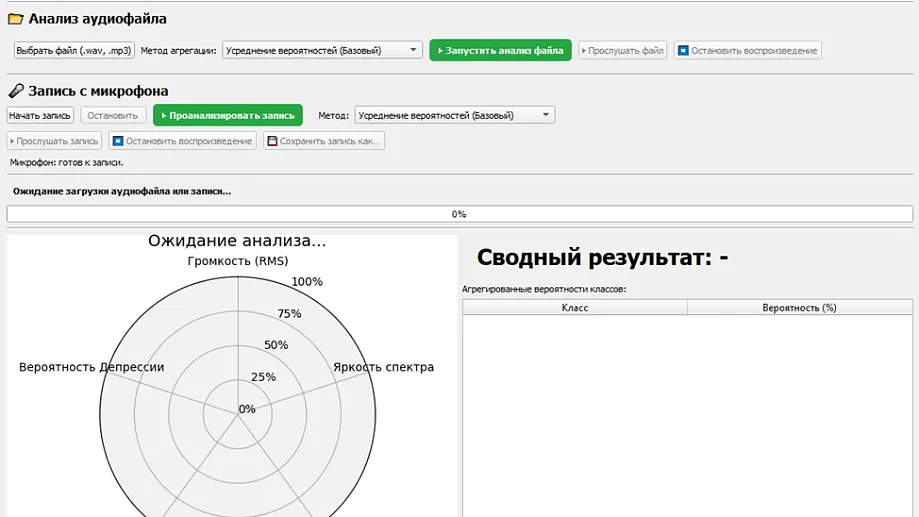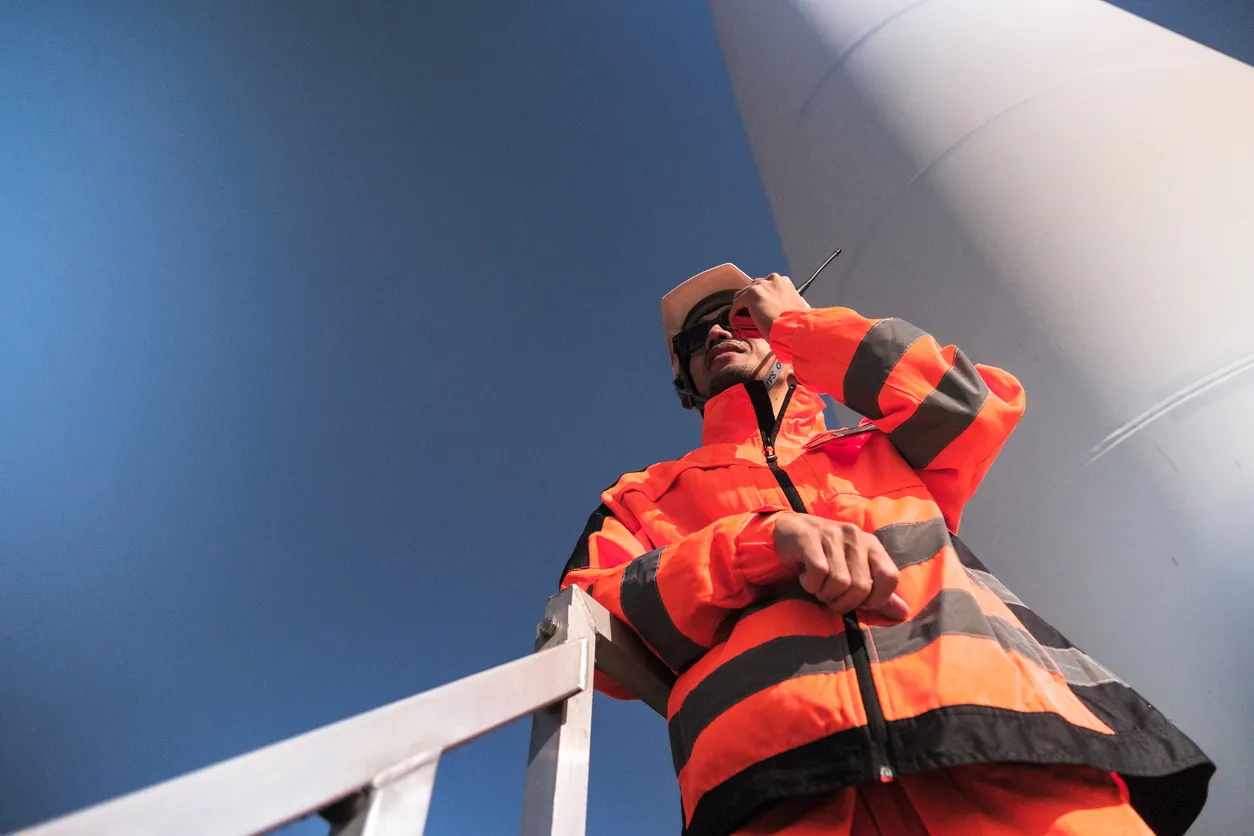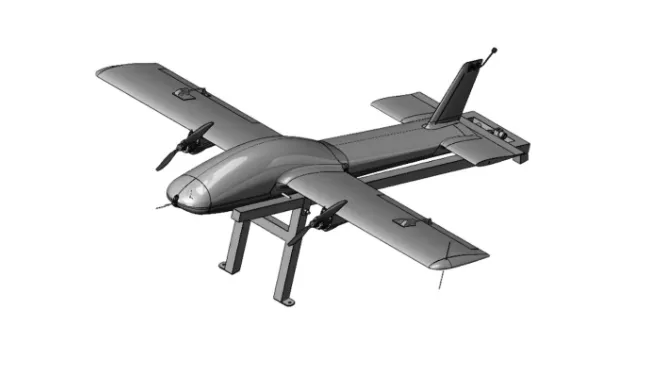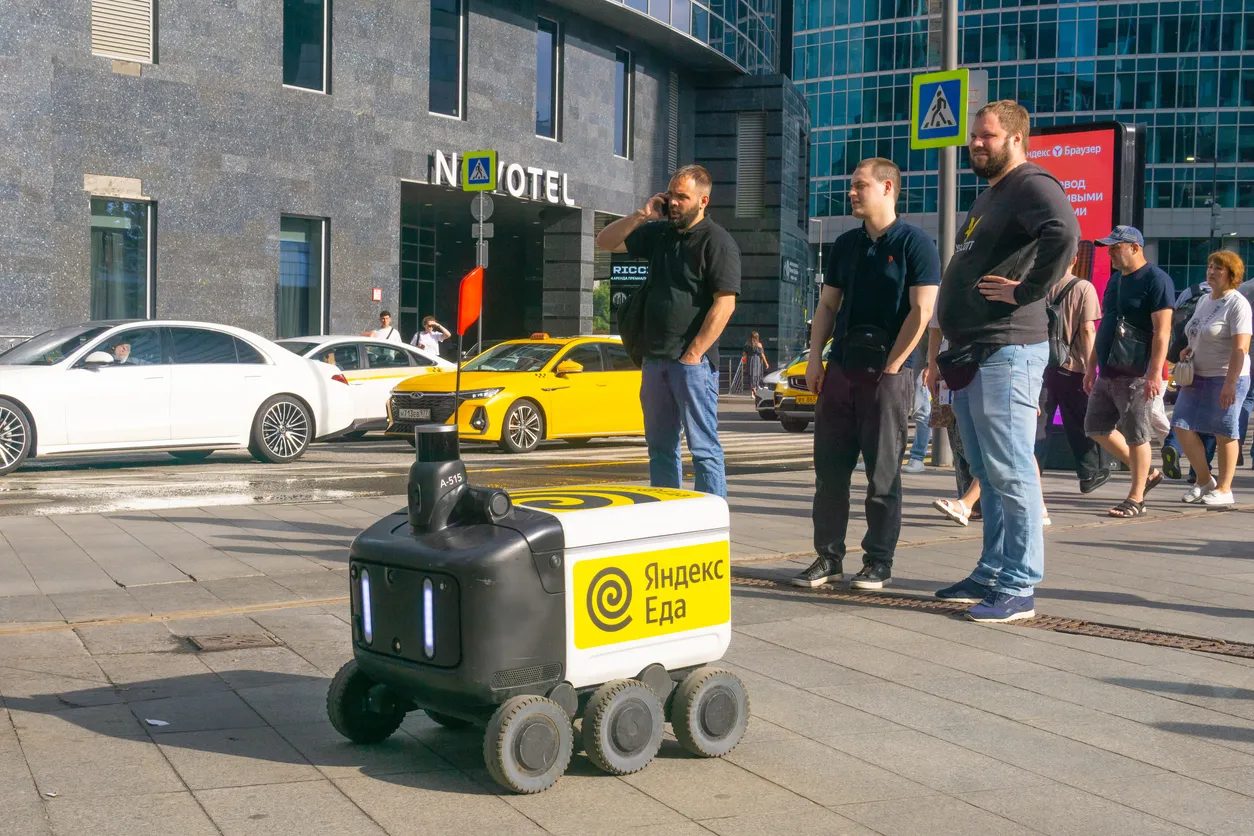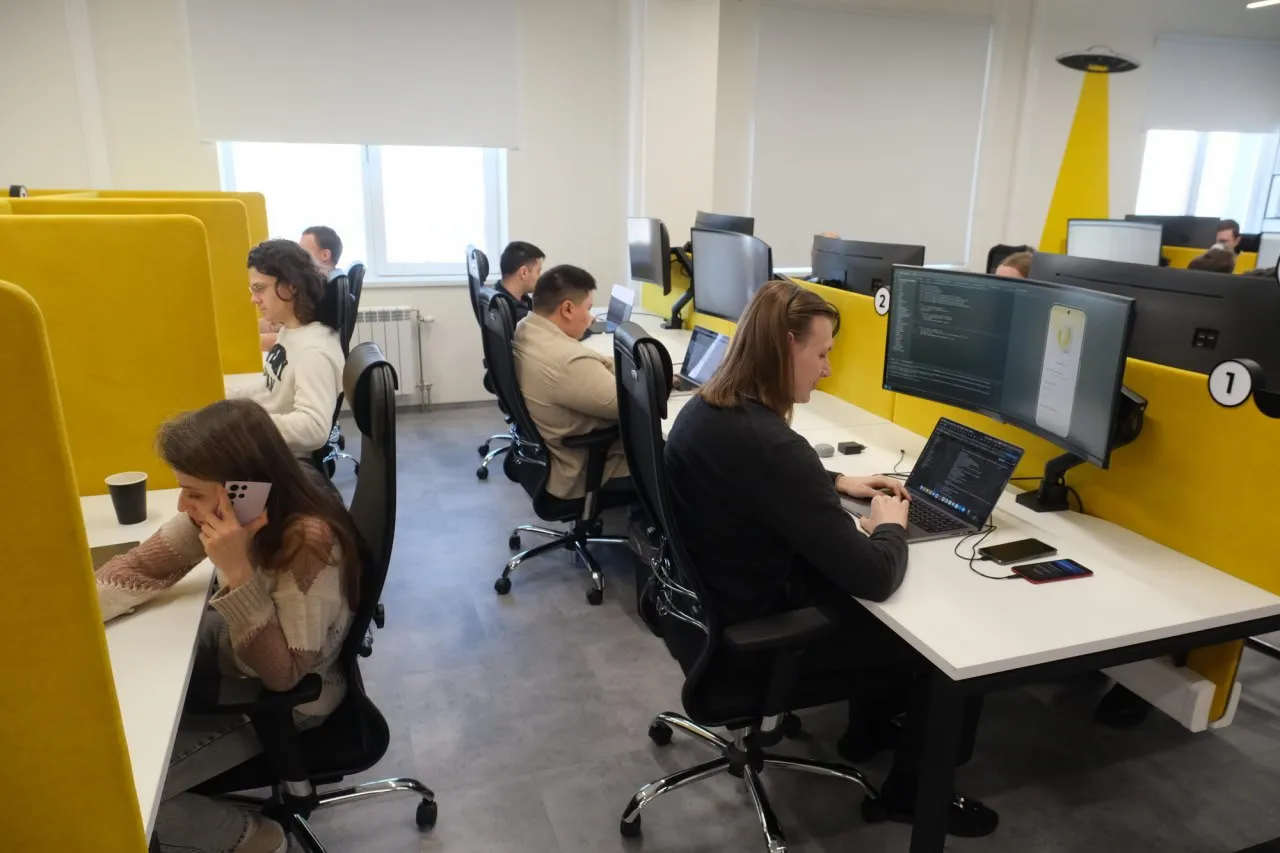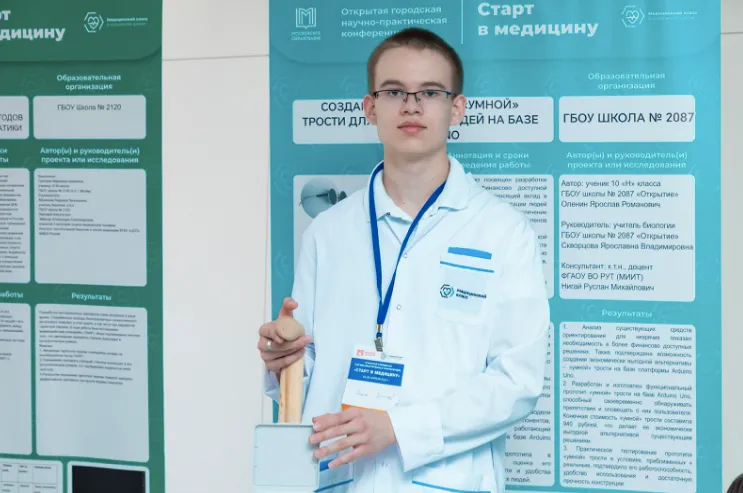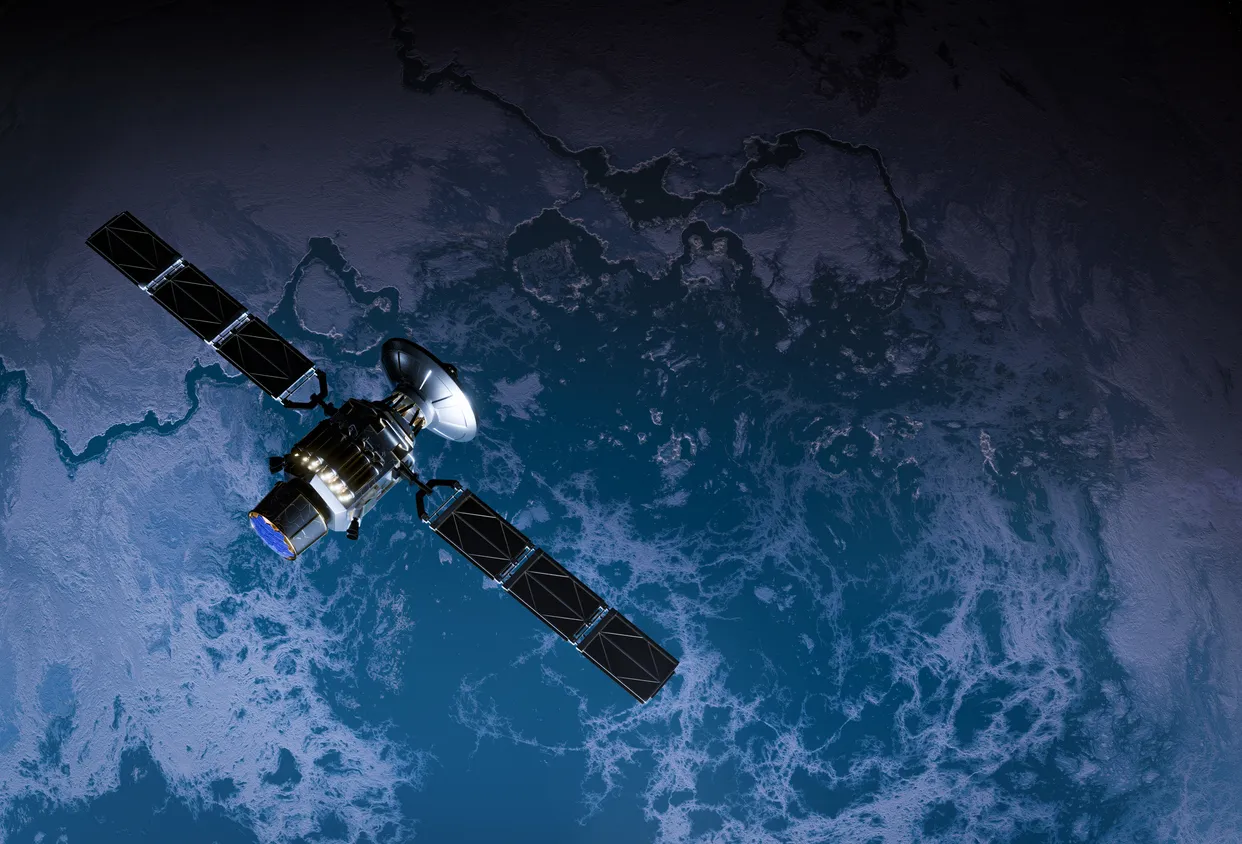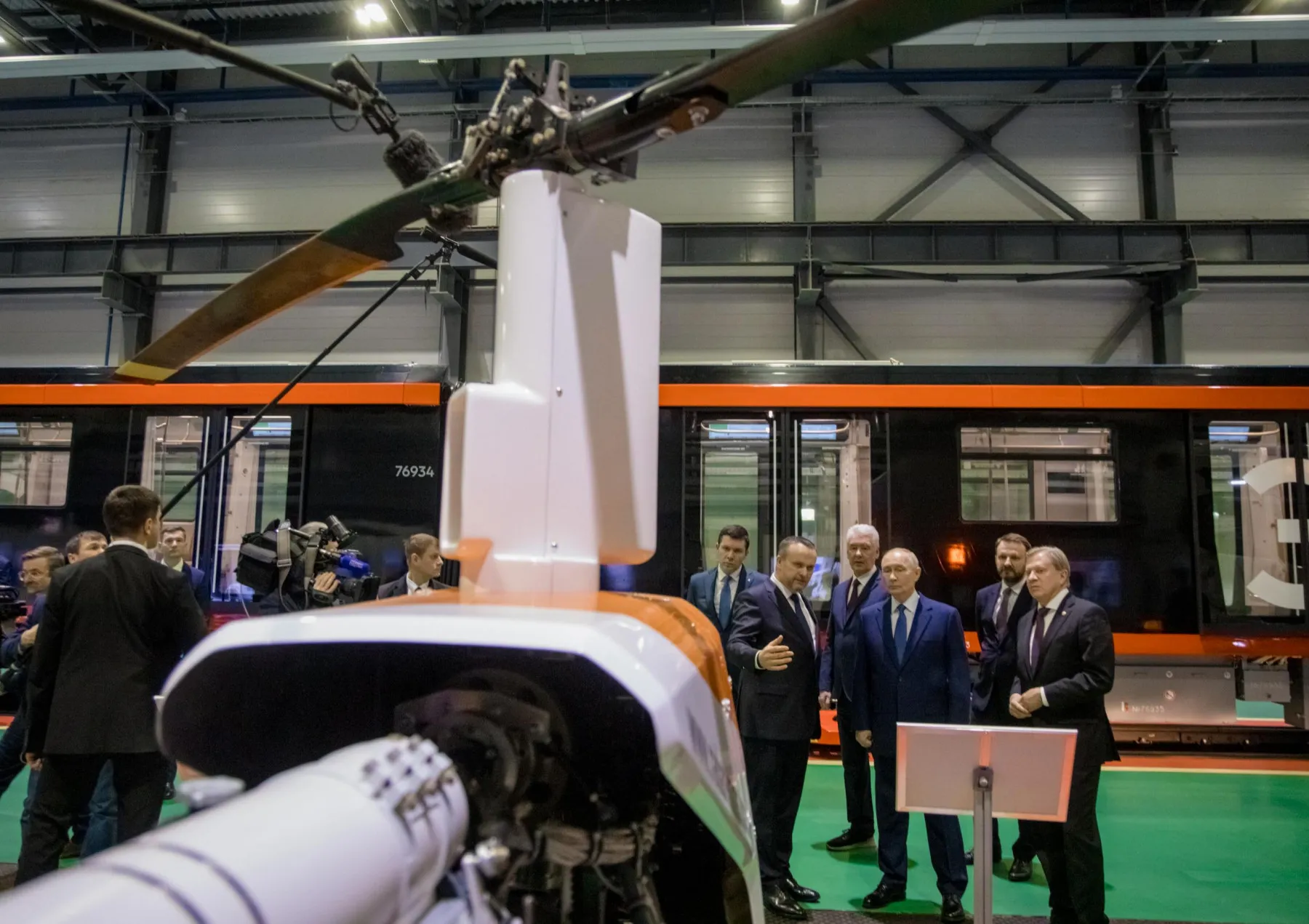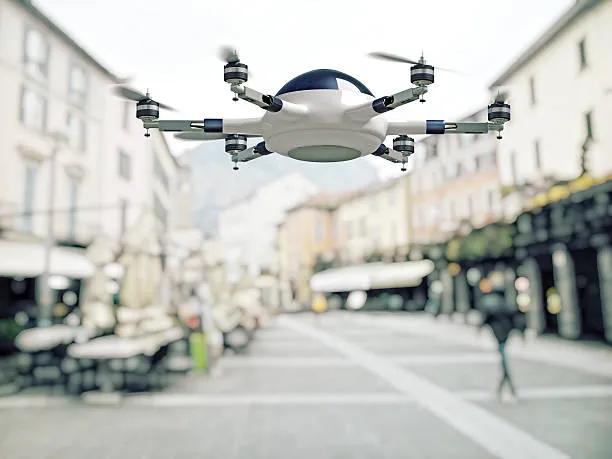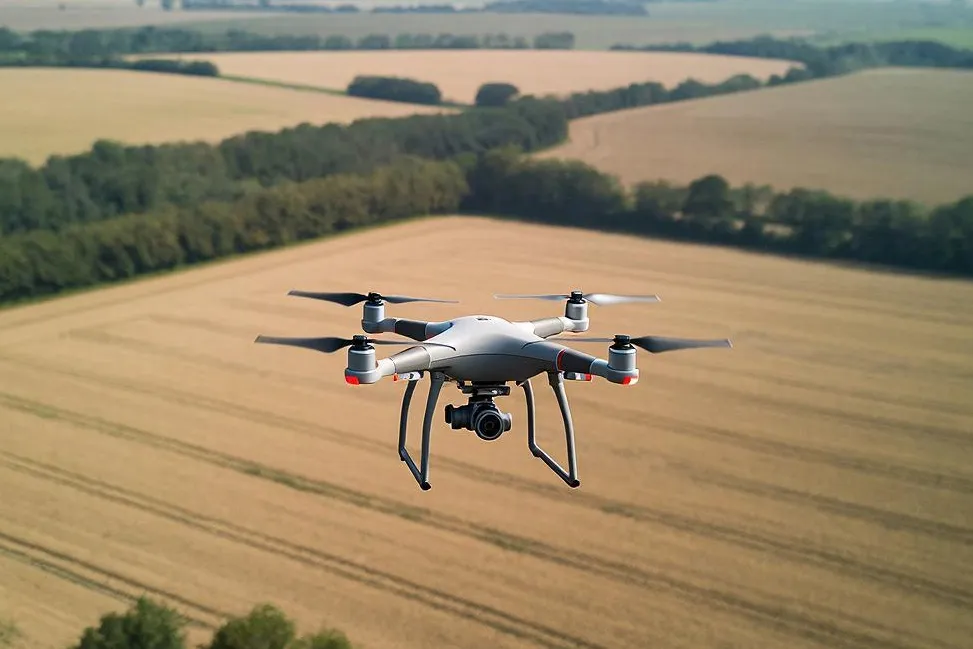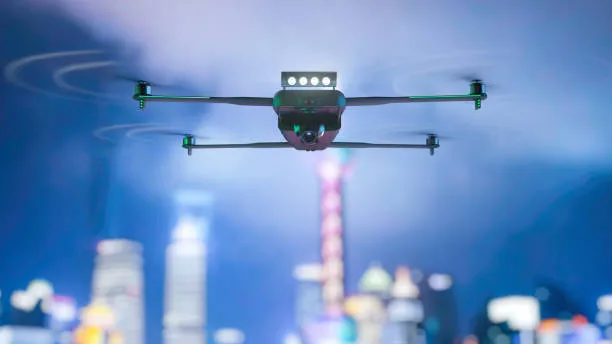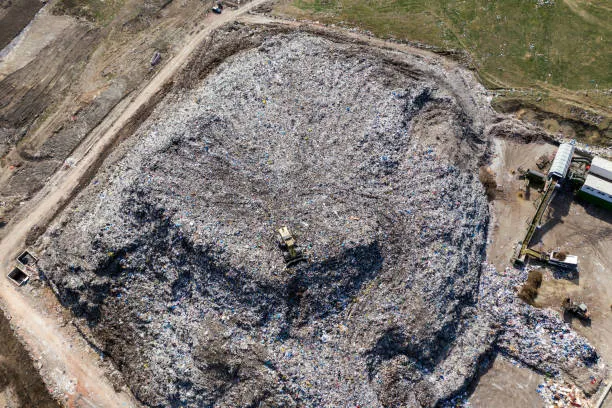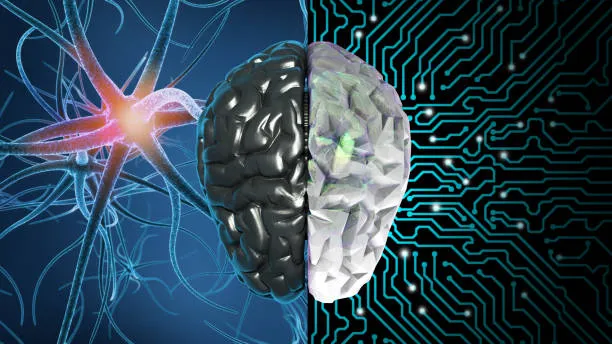Russia Develops a Method for Humanitarian Assessment of AI in Urban Environments
Scientists propose evaluating the societal and ethical impact of artificial intelligence projects on city life.

Researchers at Novosibirsk State University have proposed a new way to assess how artificial intelligence shapes urban environments — not just technologically, but socially and ethically. They note that while many AI-driven “smart city” initiatives focus on efficiency and innovation, their humanitarian effects are often overlooked.
To address this gap, the team created a draft state standard titled “Humanitarian Expertise of AI Implementation in Smart City Development.” If adopted, it would become the first legal framework in the world to formally consider the anthropogenic impact of artificial intelligence on society.
The methodology centers on a structured set of questions about how an AI project might affect people in a city — from accessibility and inclusivity to psychological comfort and moral values. Answers would be collected from representatives of various social groups, and the results combined with existing indicators such as Russia’s Smart City Index and Urban Environment Quality Index. Together, these metrics would generate a humanitarian index showing how each AI initiative influences citizens and their surroundings.
Assessing Risks and Benefits
According to the researchers, the proposed standard could be integrated into Russia’s forthcoming national law on artificial intelligence, helping ensure that technological progress aligns with human-centered values.









